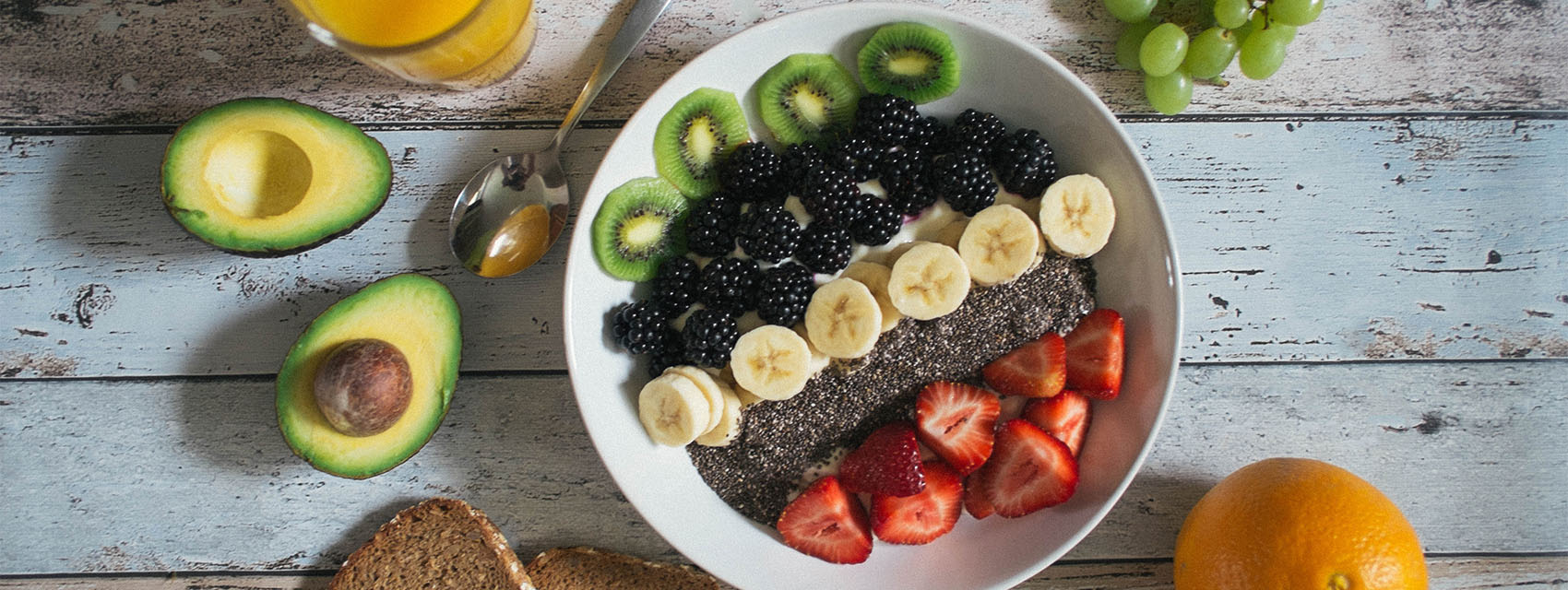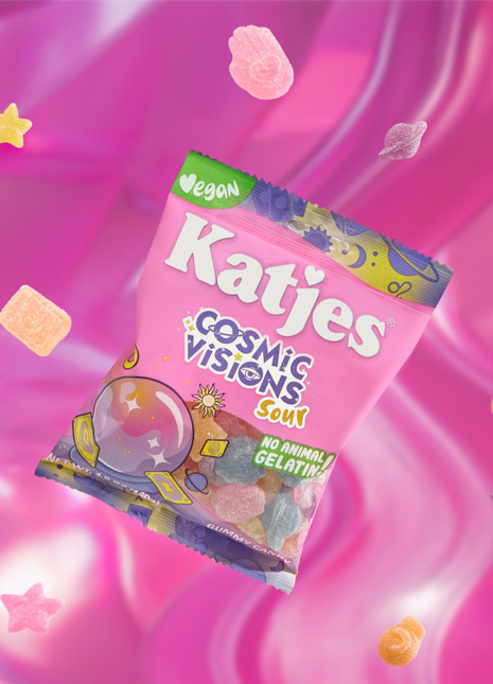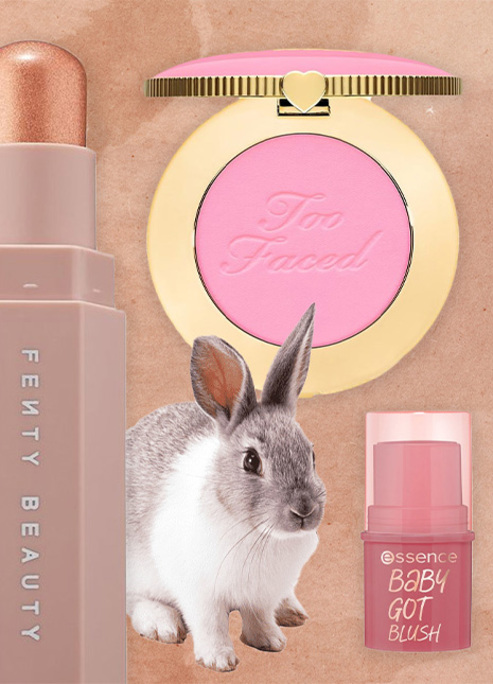The Most Common Questions About A Vegan Diet
We've answered all your questions about being a vegan!
Whether you embarked on Veganuary or you’re thinking of joining the party late and want to find out more, we’ve researched and answered the frequently asked questions about a vegan diet.
It’s a pretty gray area because there are so many pro’s and con’s for every diet and there’s a lot of conflicting evidence out there. Ultimately, it’s about exploring and seeing what works best for you.
Is a vegan diet healthier?
This is one of the most popular questions. Many people would assume that a vegan diet is healthier. The very word ‘plant-based’ assumes that vegans primarily eat plants. But a healthy vegan diet depends on the quality of what you’re eating. If you live off pasta and toast then it isn’t necessarily the healthier option.
There’s a lot of conflicting research! Some studies suggest that a vegan diet lowers cholesterol and improves fibre intake but others worry that it lacks the right vitamins. Some people swear it boosts their energy whereas others have experienced energy lows. It really does depend on each person, as our bodies are all unique.
Ella Mills, aka Deliciously Ella, believes that a vegan diet (or at leats eating more vegetables and plant-based proteins) can improve well-being and gut health. On her podcast ‘delicious ways to feel better’ she spoke to Dr Alan Desmond who prescribes a plant-based diet to his patients because of the positive impact it can have. He notes that he prefers the term ‘wholefoods’ diet that includes foods which are ‘mildly processed and pretty close to their natural state’.
You don’t have to go cold turkey to reap the benefits of veganism. Many people prefer ‘flexitarian’ whereby they try to incorporate many aspects of a vegan diet like more vegetables but they give their body dairy or meat products when they feel like they want or need it.
But, if you’re using a vegan diet as an excuse to restrict your diet - that’s not healthy!
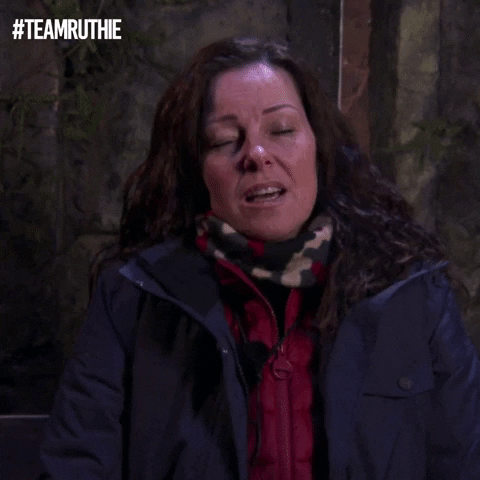
So what should I eat?
According to The Planetary Health Diet, half of your plate should be made up of fruits and vegetables. The other half consists of primarily whole grains, plant proteins (beans, lentils, pulses and nuts), modest amounts of meats and dairy (optional), unsaturated plant oils and some added sugars and starchy vegetables. If you’re looking for inspiration, follow Deliciously Ella, Rhiannon Lamber (rhitrition) and Dr Hazel Wallace (thefoodmedic) on Instagram.
Is a vegan diet healthy when you’re pregnant?
The NHS believes that “a varied and balanced vegetarian or vegan diet can provide enough nutrients for you and your baby during pregnancy. However, you might find it difficult to get enough iron, vitamin D and vitamin B12”. But there are vitamins you can take to combat this. Taking vegan iron tablets made from natural ingredients would be safer and healthier if you are vegan. If you’re worried, it’s important to talk to your midwife and make a plan.
Where do vegans get their protein?
A common concern is that vegans lack protein but a vegan diet can provide all the nutrients you need from vegetables, pulses and beans, nuts and seeds and soya products. These foods are also full of iron and calcium too.
An important thing to note: a traditional Western diet includes a lot of processed foods and no one ever raises the question ‘are you getting enough protein or vitamins?’ So why do we assume that a vegan diet is less nutritious?
Which vegan milk is best for the environment?
Another tricky question with conflicting research! Based on a study from Oxford University, the BBC found that besides dairy milk: rice milk produced the most emissions and almond milk produced the least, oat milk used the most land and rice milk used the least, and almond milk used the most water and soy milk used the least.
Almond milk uses the most water which has huge drains on the environment. Rice milk has little nutritional value compared to other vegan milks and it produces the most greenhouse gas emissions. Soy milk is high in protein however the soybeans are grown in huge quantities and large parts of the Amazon have been burned to make space for it. An article from The Guardian found that oat and hazelnut milk seemed to have the least negative environmental impact.
Is a vegan diet expensive?
The main ingredients of a healthy vegan diet like wholegrains, pulses, beans and vegetables are relatively cheap, especially if you buy the grocery’s store own brand. However, it becomes more expensive if you add vegan supplements or meat alternatives but in comparison to meat, they’re pretty much the same in price, if not cheaper. Plus, once you have all the foundations in your pantry, they last a long time.
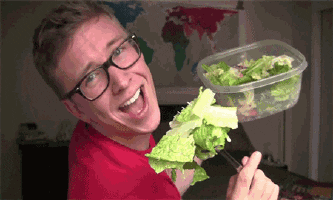
What’s wrong with eating dairy products?
Just because an animal isn’t killed in the process doesn’t mean that they won’t suffer. Unfortunately, even ‘free range’ and ‘organic’ labelled products aren’t always cruelty free. PETA found that thousands of farms that labelled themselves ‘sustainable’ were deceiving consumers.
There is also extensive research about the negative health effects of consuming dairy.
What difference will one person make?
In terms of your health and well-being, it could potentially make a huge difference to you! The goal here isn’t to be the perfect vegan, but to find out what makes you feel your best. In terms of the environment, knowing that you are making a difference (if only a little one) is morally important and, every person added up has the power to make a positive difference to our planet.



